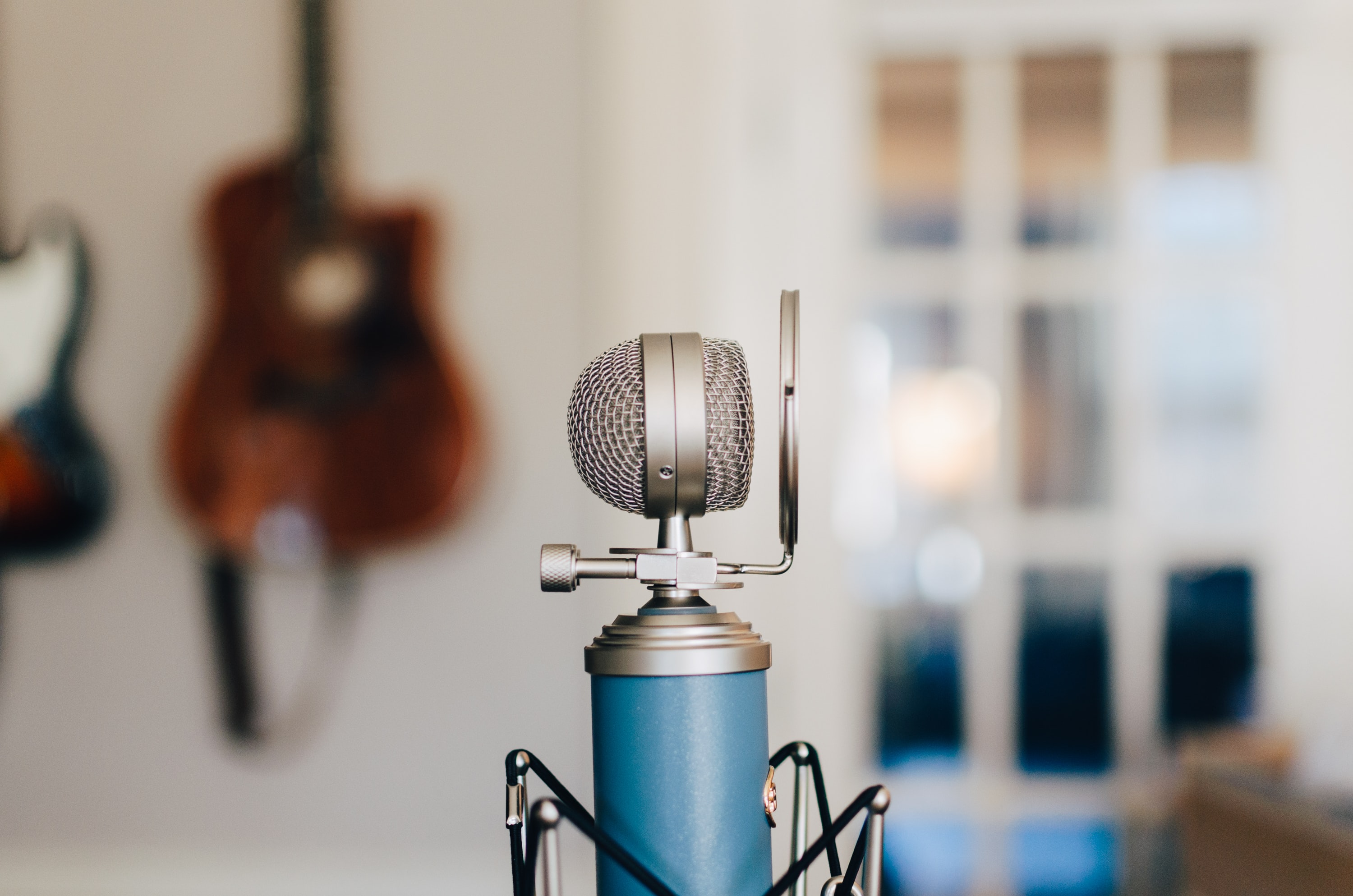Integrating Music Across the Curriculum Even During Distance Learning, A Conversation with Summer Dittmer

In this interview, we sat down with Summer Dittmer, the Executive Director of the Pacific Boychoir Academy, which is an elementary and middle school in Oakland. She talks about her background in stand-up comedy and astrophysics and her experiences at the Grammy award-winning Pacific Boychoir Academy. Plus, she explains how music is a part of every subject and how the arts can be taught from home.
By the way, this conversation was originally featured on our podcast, which you can listen to here or on Apple Podcasts and Spotify.
You were a stand-up comic in the past and also worked in broadcasting. How did you get into education?
Stand-up comedy was my passion from the age of six to about 22. It's still a passion. I just don't perform anymore. I graduated from college two years early in order to be a stand-up comic and to take this awesome job with NBC as a sports broadcaster.
But between that job that I was about to take and graduation, I was offered a job at the school that I graduated from to be a math and drama teacher. It was a rare hybrid, but they had two part-time openings. They remembered I went through calculus and loved it, and I also enjoyed acting.
So I got the call and started at 21 teaching math and drama, which then led to honors English and studying all things education, and I couldn't step away from it. It was something and that I'd never experienced before. And even to this day, it's stressful especially given the times that we're in, but it's so rewarding.
What's your experience been like at the Pacific Boychoir Academy?
Well, it's been pretty amazing. It was definitely not what I intended to do; I pictured becoming a professor. I thought that I was going to go on to ideally teach astrophysics and math to some college students. Previously, I had taught 19 years in high school including AP calculus, AP English, and theater classes, and I was an administrator for high school.
I have a student of my own, my son, and we took him on a tour of a small school called Pacific Boychoir Academy. And I was floored; I was blown away. The sound that was resonating from this pretty humble campus was unlike anything that I've ever heard. Having grown up with a lot of music and musical theater, I'm pretty picky, and I loved it.
Months later, I heard that a math position became available at the school, so I interviewed, and I got the position. Within six months, I was the Head of School, serving as principal and the full-time math teacher at this Grammy award-winning small school in the heart of Oakland. People in Europe know who we are, we were on America's Got Talent, and the San Francisco Symphony uses us as their choir. And yet the people down the street in Oakland had no idea who we were; I had no idea who they were initially, but they've been around 20 years.
Especially as a mom of a son who wasn't enjoying school at all in the fourth grade, having a school that's centered around music, especially with what music does to the male adolescent mind, I had this gravitation toward it; I couldn't pass it up.
And I work 60 hours a week, but I still show up every morning with this excitement and pride in where I work. I watch the transformations every day in the boys even through COVID and distance learning, and there's nothing like it. It's truly what you would call an unparalleled experience.
What is it like to incorporate music into the curriculum? Is there a hard divide? Or is this a blending of these different subjects?
It's such a blending; music is everywhere. It's that one common language that everyone speaks. And I know that sounds cheesy, but most of our boys can sing in five or six languages. And that's from third grade to eighth grade.
Music is incorporated daily. And math is music, so that's an easy one. Just look at fractions, even our logo is a 16th note. Math is fractions, and fractions are music.
When you're talking about literary genres, music parallels that. And when you have a literary genre, the history that's happening is paralleling that genre. So, tying all of those things together isn't so complicated.
Even in our science program, we have an incredible science teacher who graduated from Cal and loves music, and he incorporates lessons on building your own instrument or the science of sound. When our school was closed through COVID, we did this digital performance where the kids made their own music with the instruments that they created from scratch. They had to write their own song, and they even recorded it. And the boys just grew more than you could possibly imagine throughout this period of school campus closures.
You've mentioned the pandemic and distance learning. What kind of changes is the Pacific Boychoir Academy implementing to prepare for the return to school in September?
After we closed, we started online learning two days after that. And we maintained our classes, schedules, group town halls, game nights, and clubs. It was business as usual, but business now was 65 hours a week for every one of our faculty.
So we met and looked at the upcoming trimester. And luckily for us, we're a small school with a max class size of 10 pre COVID. All of our faculty was on board for open doors, open minds. We have to keep our kids safe but also mentally healthy, and they need interaction.
There are performers at our school, who have gone to six continents and performed, and they spend the majority of their time rehearsing for performances. To be kept inside, it's not good for them. They're not their happiest, so we need them back on campus.
Things are going to look different. You can’t have a chorus, which that's what we are. There's definitely a more individualized approach with small, outdoor, socially-distanced rehearsals as well as one-on-one work focusing on voice and music theories.
You've been working with the kids to keep them engaged in music, even though they've been distanced from the school. Could you talk more about those projects?
We've had online concerts, and even throughout the school campus closure, we maintained our schedules. While they might not be in a class for 45 minutes or an hour, they would have classwork every day, and they'd meet with a couple of their teachers. Then at the end of every single day, they would have music rehearsal.
We also had a science fair with the science of music, and the kids presented their instruments. Some were made from cans of tomatoes, drum sets, and wine glasses full of water.
I'm sure that requires some flexibility on the part of the teaching staff.
It does. The fact that every teacher in the universe didn't quit during this period is amazing to me. It’s about two and a half times the work for close to half the reward. Online teaching is a completely different wheelhouse, and most teachers did not sign up for that right.
But we had to do it. So our teachers were working 60 hours a week just lesson planning, prepping, and having one-on-ones with students. It's amazing that every one of our faculty members stayed on and every one of our music department members stayed on. I think that everyone has this common mission with our school; they see the benefits of music and the male adolescent mind, whether it's online or in person.
Your school won a Grammy. Are there any other special projects that Pacific Boychoir Academy will be taking part in anytime soon?
Well, yes; we have nonstop special projects. While we were supposed to be performing for Michael Tilson Thomas and his final San Francisco Symphony performance, those obviously aren't happening. As a result, we decided to do our own online concerts. We have a concert series on our YouTube that you can either watch live or recorded.
It's amazing to see the boys transform. And it's amazing to be a part of that experience. It’s why most of us teachers become teachers and why we give our entire life to this because there's no other job that gives you that satisfaction and where every day is a learning experience. Every single day you turn a new leaf, and that is the reason that I stay here.








